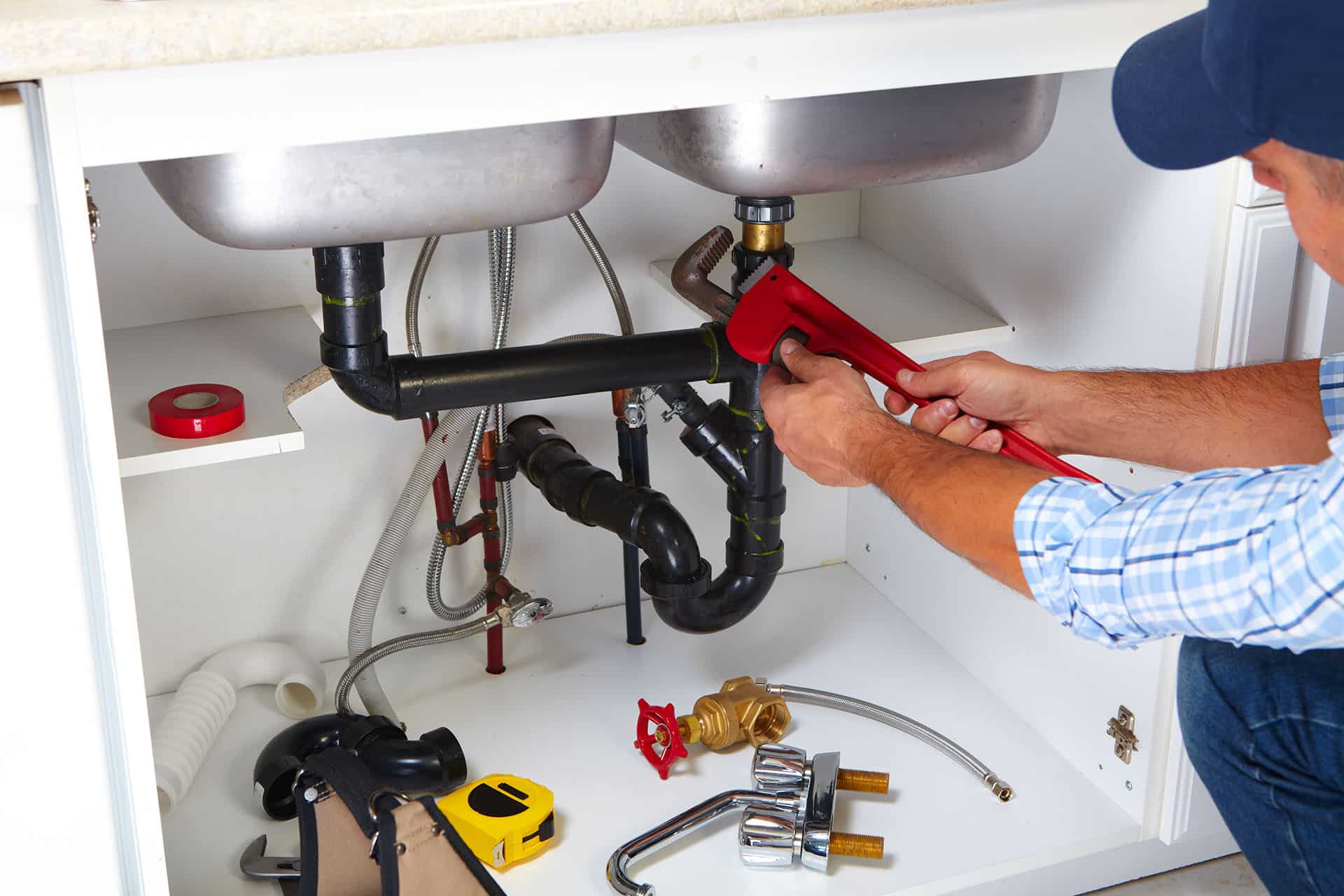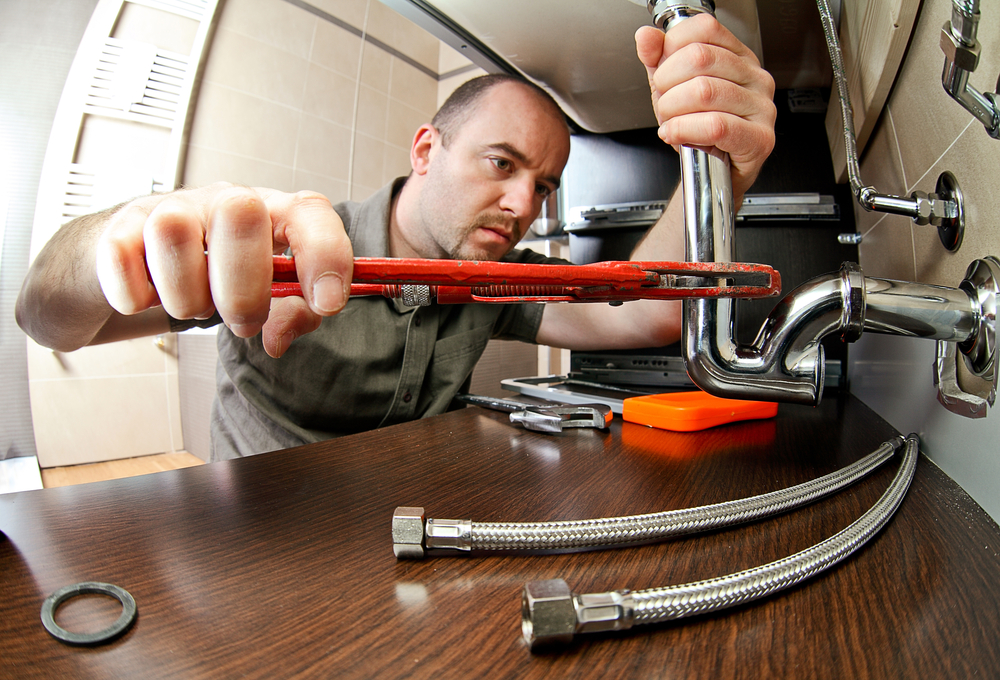Six Most Common Threats For Your Household Plumbing Systems
Six Most Common Threats For Your Household Plumbing Systems
Blog Article
Do you find yourself in search of details on Leak Detection and Repair Without Destroying Your Home?

The key to long lasting devices, unsurprisingly, appertains maintenance. There's no set rule that can guarantee your plumbing devices a lengthy wear, however you can avoid unnecessary damage as well as repair services by avoiding bad plumbing routines.
You must quit doing these 6 things else you'll maintain calling your plumber over for minor faults.
Flushing every little thing
Yes, your commode drain leads to the drains, but that does not mean you ought to discard simply anything down the drain. Lots of 'flushable' products are in fact terrific blockage beginners, as an example floss. Asides maintaining obvious non-flushable materials like cords and also plastics out of your commode, you need to also stay clear of flushing cotton swab, menstruation items, wipes, daipers and also prophylactics down the commode drainpipe.
DIYing everything
With plumbing, a stitch in time truly does conserve 9. You can prevent a fullblown plumbing emergency by calling your plumber at the right time.
You might have discovered a couple of plumbing hacks from your daddy, but you should understand where to draw a line and call a professional. For instance, you might have the ability to take care of an obstruction yourself, however you should not attempt to change a pipeline. You might mismatch pipes or overtighten a screw, triggering more injury as well as damage than you thought. Calling a plumber is a risk-free and budget-friendly choice.
Making use of excessive drainpipe cleaner
Making use of a drain cleaner more than one or two times a month is an indicator that something serious is taking place within your pipes. Currently, instead of facing the primary problem, you choose a quick fix; a carbonated drainpipe cleaner. Rightfully, a drain cleaner will deal with the obstruction, but at what expense?
The chemicals in a drainpipe cleanser can speed up the corrosion of your pipes. Add that to whatever underlying issue is creating the blockage and you might have to a major trouble on your hands.
If you experience a lot of obstructions, call your emergency plumber instead of using a drain cleaner.
Putting oil in the sink
We know properly getting rid of grease after a hearty meal is a pain. But merely putting it down the drain can do lasting harm to your pipes. "The fat and also oil can obstruct your drainpipe terribly sufficient to require you to call a plumber," describes Dawson. "Plumbing works best when it's well cared for-- not abused with oil."
Not altering your dish washer hose pipes
One easy means to make certain that you utilize your dishwashing machine for years is to replace the hose a minimum of once in 5 years. This likewise looks for washing device hose pipes.
In time, food particles, soap and grease can form clogs within your pipelines. Changing them on time will prevent any kind of presure build up that can damage the interior operations of your dishwasher or cleaning equipment.
A reinforced steel entwined hose does a great task of lengthening your maker's usage time.
No winter season precautions
Extreme weather conditions are bad for your pipes, specifically if they're made from steel. You should shield your exposed pipes, as well as your water storage tank, even if you have a hot water heater. You ought to likewise turn off your garden pipe valve as well as any other exterior water channels. These channels are electrical outlets for cool; you pipes can begin to freeze from outside if you don't.
How Hard Water Damages Your Plumbing and Appliances
Hard water is no stranger to most households across America. This silent invader affects 85% of homes in the United States every day, wreaking havoc on pipes, plumbing fixtures, and water-using appliances.
Should you become a victim of hard water, you must understand exactly what it is and how it affects your plumbing and appliances. This will help you determine the correct measures to put in place to fix or prevent any problems that may arise.
First off, what exactly is “hard” water?
In short, “hard water” is used to describe water that contains relatively high amounts of dissolved minerals, primarily calcium and magnesium, and a host of trace metals. When rainwater falls from the sky (usually in a pure form), it absorbs the hardness minerals from rocks and soil, which changes it from soft to hard water.
What about my plumbing and appliances?
Mineral deposits from hard water can cause buildup on tubs, shower, sinks, faucets. But that’s only a small scratch of the surface. Those minerals can gradually build up inside pipes, fixtures, water heaters, washing machines, and dishwashers. Once they accumulate in those areas, they can clog pipes and create major problems throughout your plumbing system, from reduced water flow to increased pressure on pipes and fixtures.
This limescale buildup might affect some appliances, causing them to operate less efficiently and wear down faster. And the result? Higher energy bills, more (costly) plumbing replacements and repairs, and damaged appliances.
Keep in mind that certain types of plumbing are more susceptible to clogging than others. Copper, PVC, and PEX pipes are more resistant to hard water buildup and corrosion, but they can still get clogged or completely blocked by scale deposits.
How do I know if my water is hard?
White limescale buildup on plumbing fixtures (or any of the other signs mentioned above) is usually a good sign that your water is hard. If you suspect that you have hard water, you can simply shake up a small amount of dish soap and water in a closed container. If the mixture doesn’t create a lot of suds, you probably have hard water.
The most precise method, however, is to test your water with a DIY test kit (sold online or at local home centers or hardware stores) or send a water sample from your tap to a local lab to be tested. Be sure that you understand the nature of the test, the water condition being measured, and the significance of the test results.
Another way to obtain an estimate of water hardness is to check your annual water quality report to see if your water provider has reported any instance(s) of water hardness in your water supply.
https://www.springwellwater.com/how-hard-water-damages-your-plumbing-and-appliances/

We hope you enjoyed our article on Leak Detection and Repair Without Destroying Your Home. Thank you so much for taking a few minutes to read our content. Are you aware of somebody else who is sincerely interested in the subject? Feel free to promote it. I truly appreciate reading our article about Ways to Make Your Pipes Last Longer.
Visit Our Site Report this page